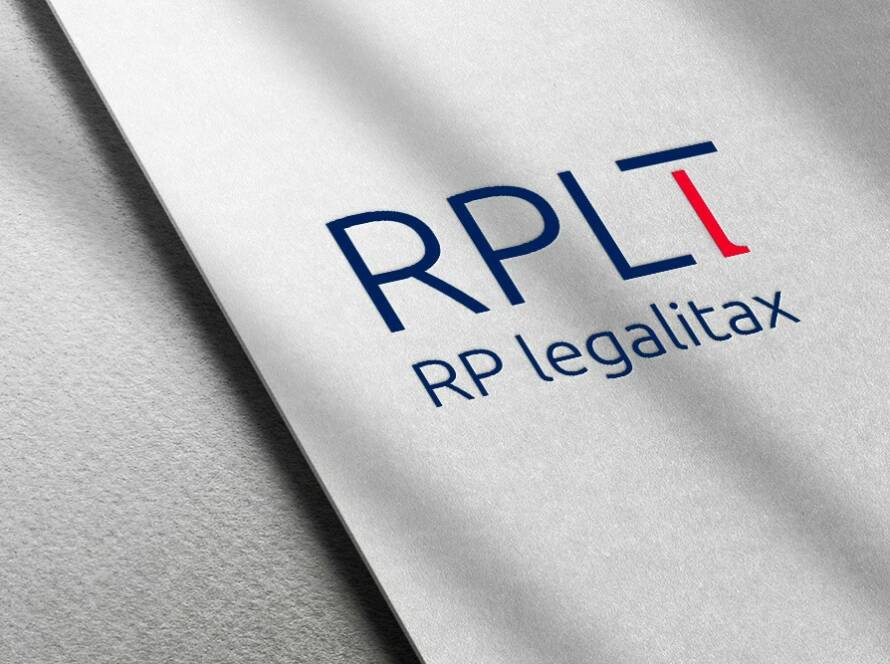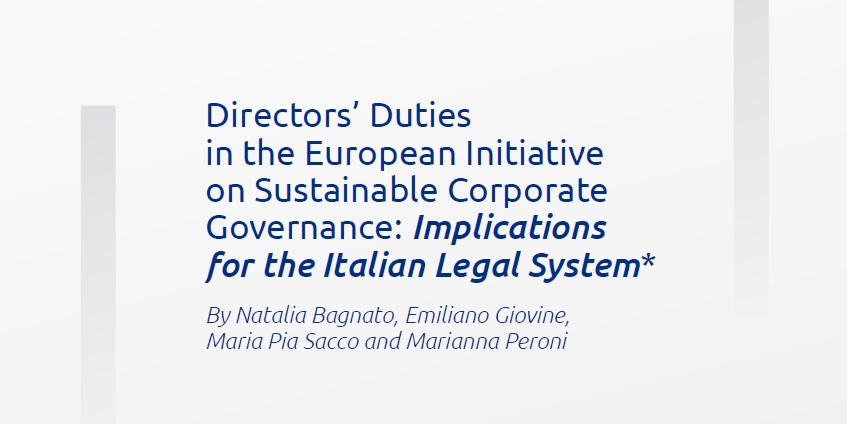Update | Due Diligence Act: the German supply chain law

Introduction
On January 23, 2023, the “Act on Corporate Due Diligence to Prevent Human Rights Violations in Supply Chains” also known as the “Supply Chain Due Diligence Act” (the “Act””), approved in July 2021, came into force in Germany. The Act has introduced new due diligence obligations on German companies regarding human rights violations.
Scope of application
The new rules will apply – with different timelines and regardless the legal form of the companies – to all companies that exceed the following numbers:
- 3,000 employees with immediate effect (thus involving about 700 companies);
- 1,000 employees on average per fiscal year, starting in 2024 (involving about 2,9000 companies).
However, these obligations will also indirectly affect small and medium-sized enterprises that do not fall within the above-mentioned quantitative limits, which will have to ensure effective and efficient protection of human rights on the basis of contractual relations.
Protected rights and due diligence obligations
The rights protected by the Act are defined in § 2 where there is an explicit reference to International treaties on the protection of human rights, most of which have been universally ratified and attached to the Act. In addition to this generic reference, § 2 contains a specific catalog of human rights risks that have a typical and direct link to Labor law. These include, but are not limited to, child labor, forced labor, and traditional occupational health and safety issues. As far as environmental protection is concerned, it is only indirectly protected where environmental damage affects human rights.
The following § 3 outlines obligations and, in particular, requires companies to conduct a risk analysis in order to identify potential and actual risks to human rights and to the environment in their supply chains, business operations, and the supply chains of their direct suppliers. Specifically, companies are required to implement a human rights risk management system with the ultimate goal of preventing or remedying any risk or violation deemed a priority. In addition to this, the new regulations require the definition of an “accountability regime” within the company for human rights violations (through the identification, for example, of a human rights officer) and the introduction of a grievance mechanism.
Finally, companies will have to periodically fulfill severe reporting and documentation requirements.
Fines
The competent authority responsible for verifying the compliance with the obligations outlined in the regulations is the German Federal Office for Economic Affairs and Export Control (“BAFA“), which may subpoena individuals, conduct inspections in companies and/or require companies to take specific actions to fulfill their obligations. In case of failure to take the required measures, BAFA may impose a penalty of up to 50,000 euros.
Where BAFA finds intentional or negligent violations of the due diligence requirements, the fines imposed could reach an amount of 8 million euros. Finally, where the company has an average annual turnover of more than 400 million euros, the penalty could reach 2% of the average annual turnover.
In order to identify violations of the Act, the BAFA has set up an online complaint form through which violations of due diligence obligations, that are in progress or have already occurred, can be reported – anonymously if necessary.
Conclusions
The Supply Chain Due Diligence Act anticipates the contents and timing of the proposed Corporate Sustainability Due Diligence Directive, published on February 23, 2022 by the European Commission and currently under approval. The scope of the Directive goes beyond the perimeter outlined in the German Act. Indeed, the Directive, in its current version, not only provides for lower size limits than the German Act, but also requires a broader risk analysis that will encompass the entire supply chain, including indirect suppliers. The proposed Directive also requires Member States to ensure that victims of human rights violations are compensated for damages resulting from failure to comply with due diligence obligations.






